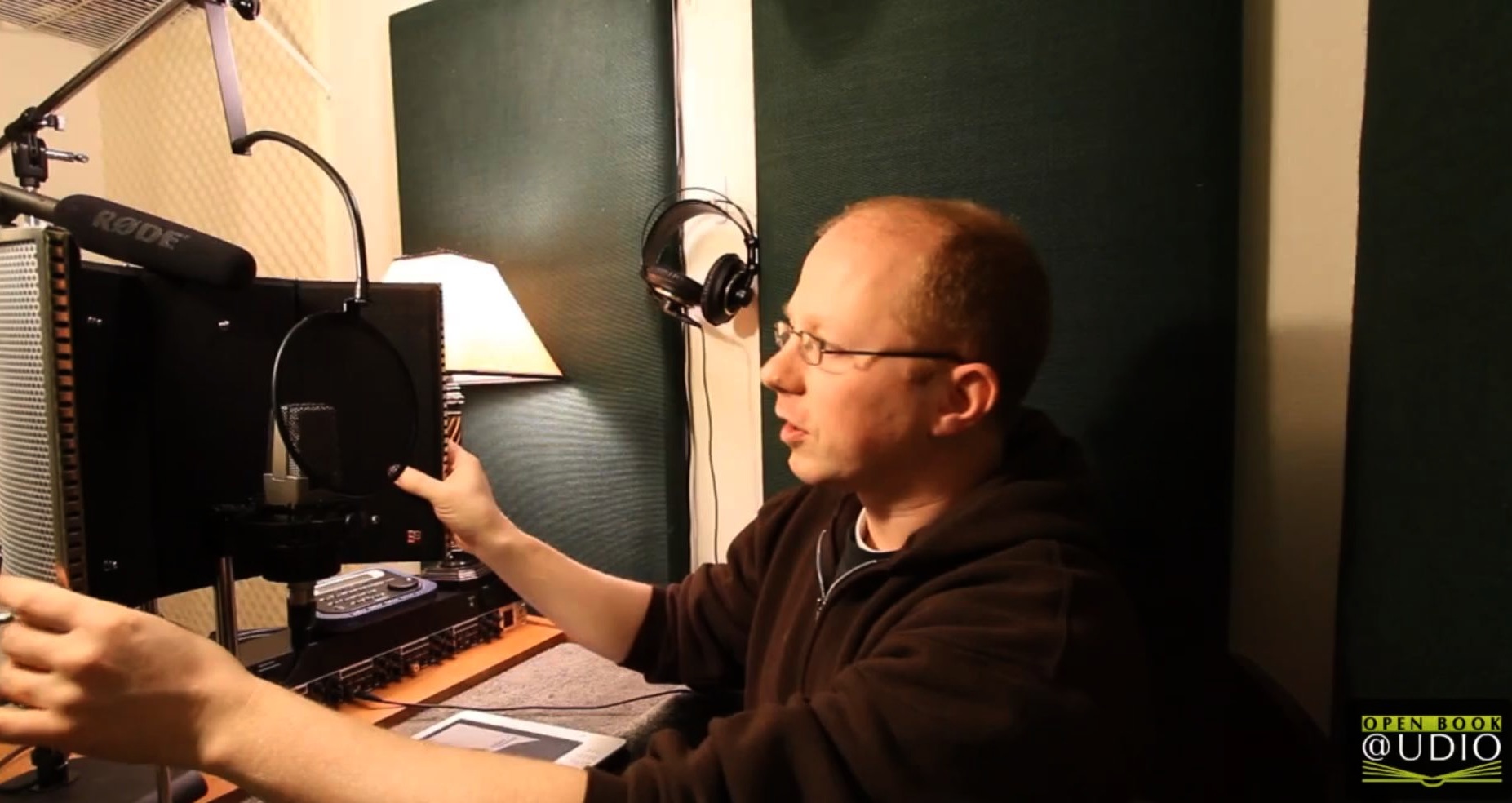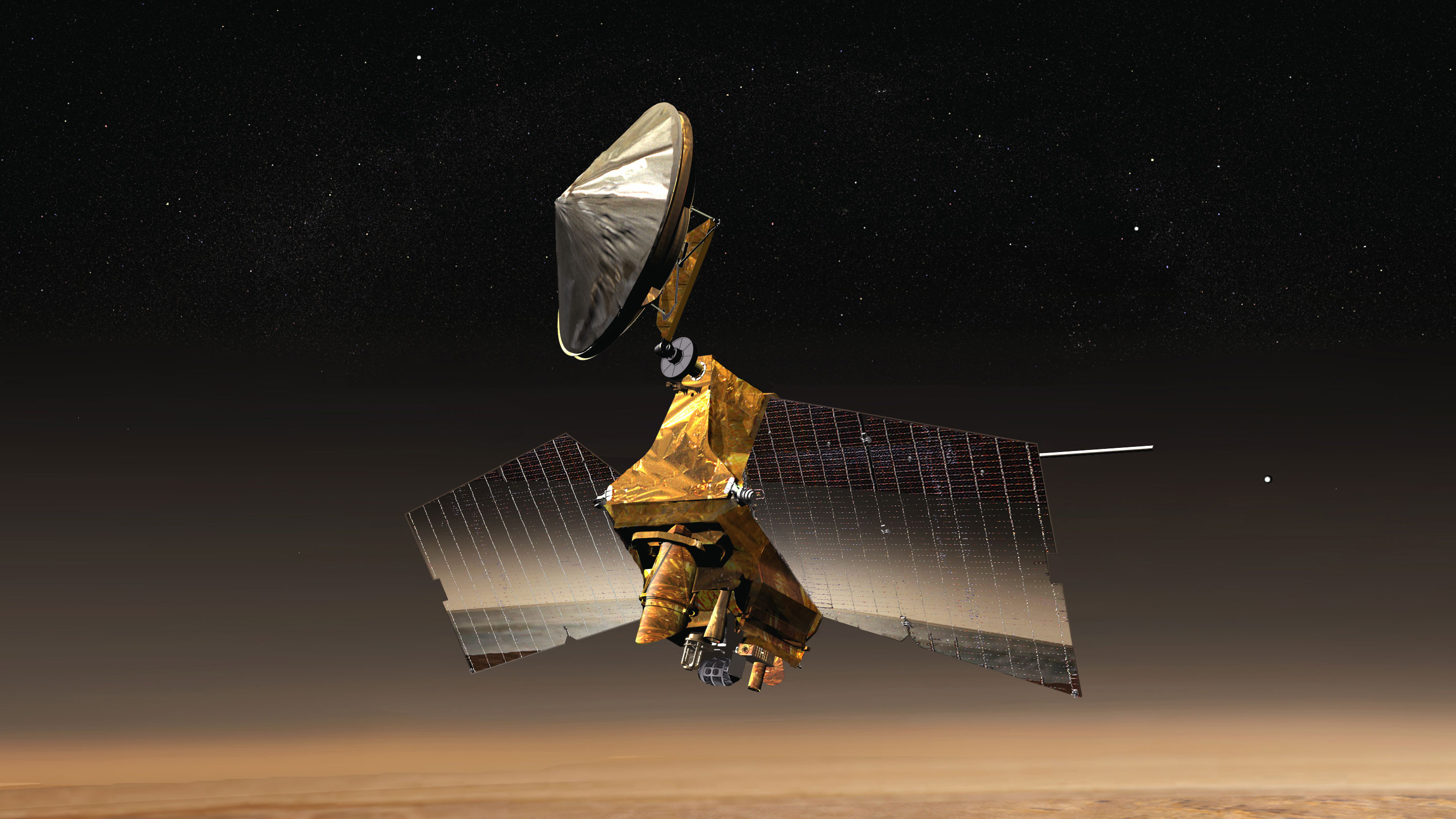If you’re an author with a work of fiction or non-fiction, creating and distributing an ebook has become remarkably simple—so simple that you can do it yourself if you’re willing to learn a few formatting tricks and master the techniques for uploading your file to Amazon, Barnes & Noble, Smashwords, Lulu, or another distribution point.
Until recently, however, if you wanted to reach a mass audience with an audiobook version of your work, the path was like an uncharted journey through dense forest. If you had a publisher behind you and a book that could be effectively produced as an audio version, the publisher might be persuaded to invest the time and money to produce your audiobook and get it released through audible.com (or one of the smaller venues handling audiobook distribution). Otherwise, getting an audiobook distributed through the major worldwide outlet, audible.com, was a near impossibility.
Times change and today audiobooks are a hot commodity, with sales skyrocketing and libraries joining the party. Open Book Audio—an audiobook distribution and production company with studios in Redmond, Washington and Herriman, Utah—has leveled the playing field for independent authors seeking mainstream outlets for a narrated version of their book. Through channels established by Andrew Parker and his business partner Matt Armstrong, Open Book Audio has become a successful aggregator of audiobooks, providing a simple, inexpensive means to get your narrated work on Amazon’s audible.com, Apple’s iTunes store, and several other outlets.
If the self-publishing spirit in you is strong, you can read, record, and produce the audiobook yourself and if it meets quality specifications, Open Book Audio will get it posted for you. Or, if you prefer the professional touch, Open Book Audio can handle production for you. The fees for this production service are more reasonable than you might expect.
Andrew Parker graciously answered my questions during a recent phone conversation. This is part one of a two-part article.
I haven’t heard of another company that does audiobook aggregation. Are you unique in this space?
There is really only one other company that does what we do. There are a couple of other companies that do bits and pieces, but only one other company that has as broad a reach as we do. And we are actually cheaper than them, so I like to think of ourselves as fairly well positioned.
Is there a fee associated with your doing the distribution? Or, do you take a cut from the profits?
It is an interesting question—one that we get asked a lot. The reality is we don’t have any upfront fees so long as a unique ISBN number is already in place. At that point, authors have two choices. First, they can get an ISBN themselves or we can get one for them for $25. And that is just at cost—we don’t make any money off that.
As for the revenue, typically there is a three-way split from the sale of each copy. The retailer obviously takes their cut and then, with the author, we do a 70 – 30 split on the remainder of whatever the retailer sends us. The author takes the 70 percent; we take 30 percent.
Are there any particular considerations to get an audiobook listed in the iTunes store?
To get your book into iTunes, you have to first get it into audible. It is not something iTunes advertises for a host of reasons, but one of the main reasons is that Apple just pays a licensing fee to audible for their entire catalog. Then they don’t have to worry about any of the administration. Audiobooks just show up in their catalog.
The problem with that is that it creates no competition within the audiobook space for publishers. While audible and iTunes truly drive the lion’s share of the volume, we expand on that and can get our books, our catalog, into a number of other places. This means that we have another 15-20 distribution partners that we work with, including simplyaudiobooks.com, audiobooks.com, and amblingbooks.com. We also just signed an agreement with Overdrive Media, which gives our catalog access to over 15,000 libraries across the country, giving our authors tremendous reach.
How did you initially get into this business? Was it a laborious process?
[laughs] Yes, laborious is the right word.
Almost four years ago, I had lost my job at the pit of the recession. A good friend of mine from college called and said, “Hey, why don’t we start an audiobook production studio?” Both of us have acting and music backgrounds, so we are both performers. One of the things that we felt that we could do with a studio is to say, “Hey, listen, bring us your audiobook and using the power of the Internet and our own recording, we will record an audiobook for you. We will do it cheaply because we can, because we have no overhead, and because we have the talent (because of our acting and performing training). We won’t have to outsource it to expensive voiceover artists. I thought we had a decent niche there.
The problem with that was when we got into it we realized that it was really difficult to find people to pay money to get an audiobook recorded. Because, typically, the way it works is that if you have a book published with a big publisher, they are going to own the audio rights and they will handle the audiobook production. So, that approach just wasn’t working for us.
Then we had somebody come to us and say, “Hey, I’ve got an audiobook, but I want to be able to sell it on iTunes and audible and I don’t know how to do it. Would you guys figure it out for us?” We said, “Sure, we’ll take a look.” At that point, we spent about six to eight months trying to figure everything out. And that is when we realized that there is an opening in the marketplace for this service.
We found one other company that kind of does this, but they really do it part time as part of a larger business model. Plus, their percentage far more than what we charge. We figured this is a niche we could get into and, about a year ago, we started doing a little more advertising for it. It hasn’t stopped since. We have been absolutely stunned by the response that we have gotten.
There is nothing out there quite like what we do. And, apparently, there is a big need for it.
It seems that the popularity of audiobooks is growing in parallel with the popularity of ebooks.
It’s true. The other part of that, too, is that the audiobook industry has a couple of things going for it. One is the ubiquity of smartphones and other handheld media devices on which you can store enormous files. You don’t have to cart around 8 to 10 audio CDs in your car and fumble through them while you drive. You can stick your iPhone into the car and off you go. That has been one of the big driving forces behind the increasing popularity of audiobooks.
The other part is (and this has been kind of fascinating for us to watch), as urban sprawl continues to increase, people commute more and more to work on subways or cars or whatever. And they are moving away from music and moving more towards using that commute time effectively, in some fashion or another. Whether it is reading or listening to a self-help book, or listening to something on business, or a title that everyone wants to read, it is about making more use of that commute time. That seems to be driving a lot more popularity in audiobooks, especially in the non-fiction area. It is kind of an interesting trend that we have been noticing.
You are handling most of the audio narration yourself, and your partner, at this stage?
In our production studio, we do a lot of the narration ourselves, but the truth is that we try to farm that out as much as possible. We can do it and we enjoy doing it, but both my partner and I have real live honest-to-goodness day jobs that we do in addition to this business so we don’t get a lot of time to record. Not nearly as much as we’d like to.
We have a couple of part-time audio engineers that we work with in Redmond, Washington. In fact, everybody in the company is up there; I am the only one who decided to live somewhere else—in Utah.
How difficult is it for somebody with a reasonable amount of computer experience to record a quality version of his or her book and then produce the audio file for posting?
Overall there are a few simple rules to follow to get the best results from home recording. It’s something that anyone can master if they take the time.
End of Part I
In Part II, Andrew Parker details the specific guidelines authors should follow to successfully record and produce a narrated version of their book.





